Sahika Erkonan never thought signing a petition meant signing away her life, her family or her country. Marooned in London, she faces an uncertain future
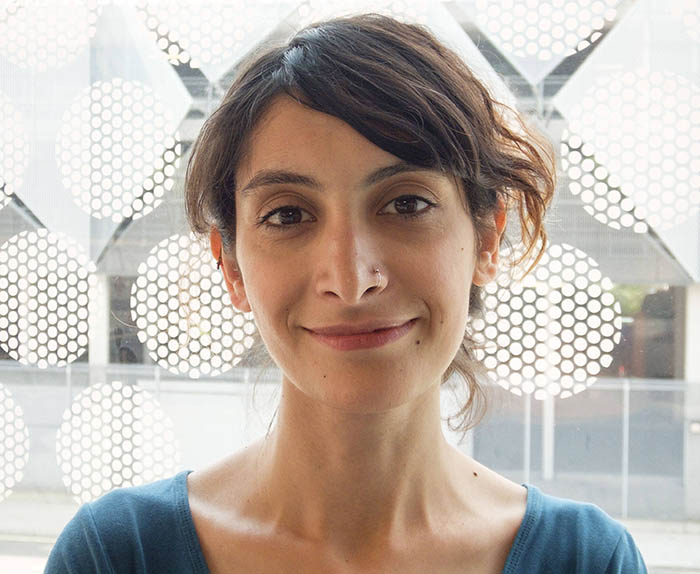

Sahika Erkonan never thought signing a petition meant signing away her life, her family or her country. Marooned in London, she faces an uncertain future

“I realise it was the best decision of my life because I would be imprisoned right now, like my colleagues.”
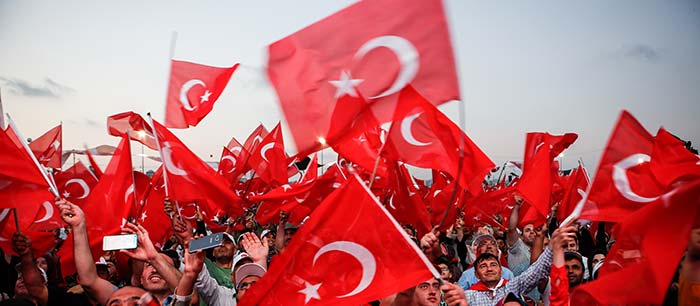
Seventeen international freedom of expression and professional organisations have sent a joint letter with their demands for how to protect and strengthen media freedom and independent journalism in Turkey to all candidates in the upcoming presidential elections
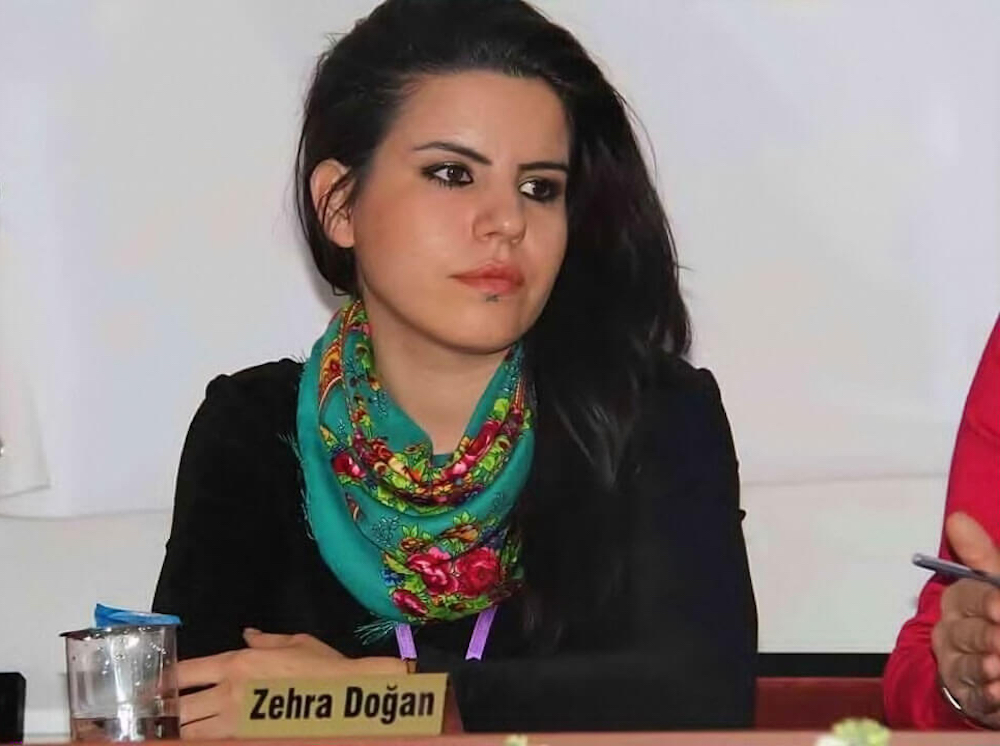
The last time Onur Erem and his girlfriend Zehra Doğan, a Turkish artist and journalist, met face-to-face, she was chirpy and seemed happy, he recalls
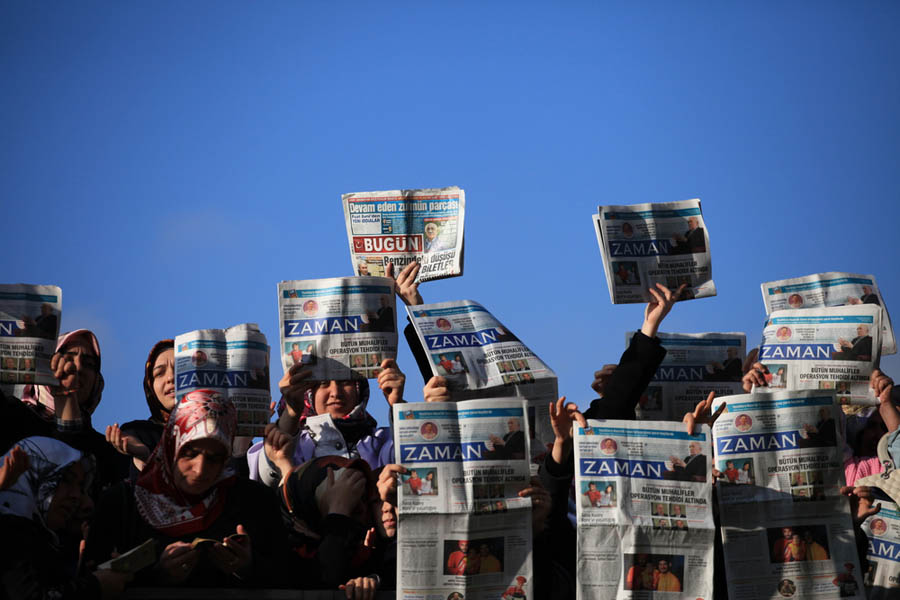
“My scream for justice has faded away in a bottomless pit”
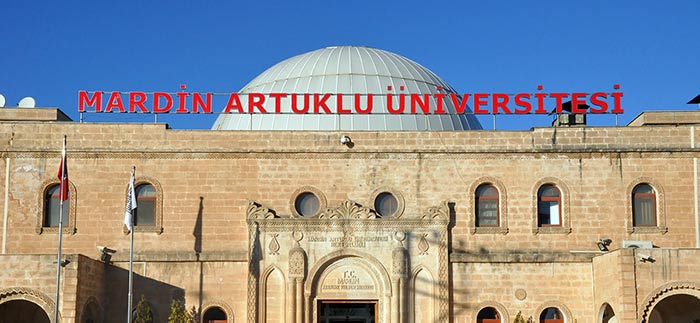
Turkey’s academia witch hunt hits Kurdish studies the most
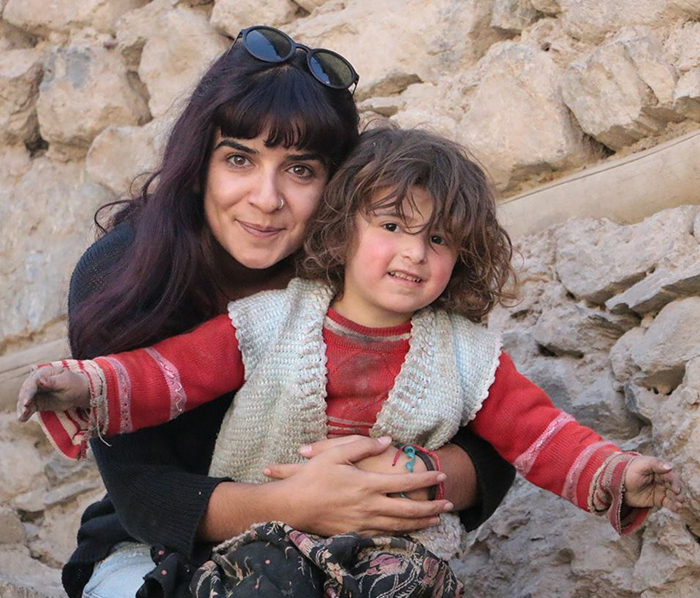
Mezopotamya Agency reporter Seda Taskın is standing trial in a case that has been marred by serious flaws, including ill-treatment
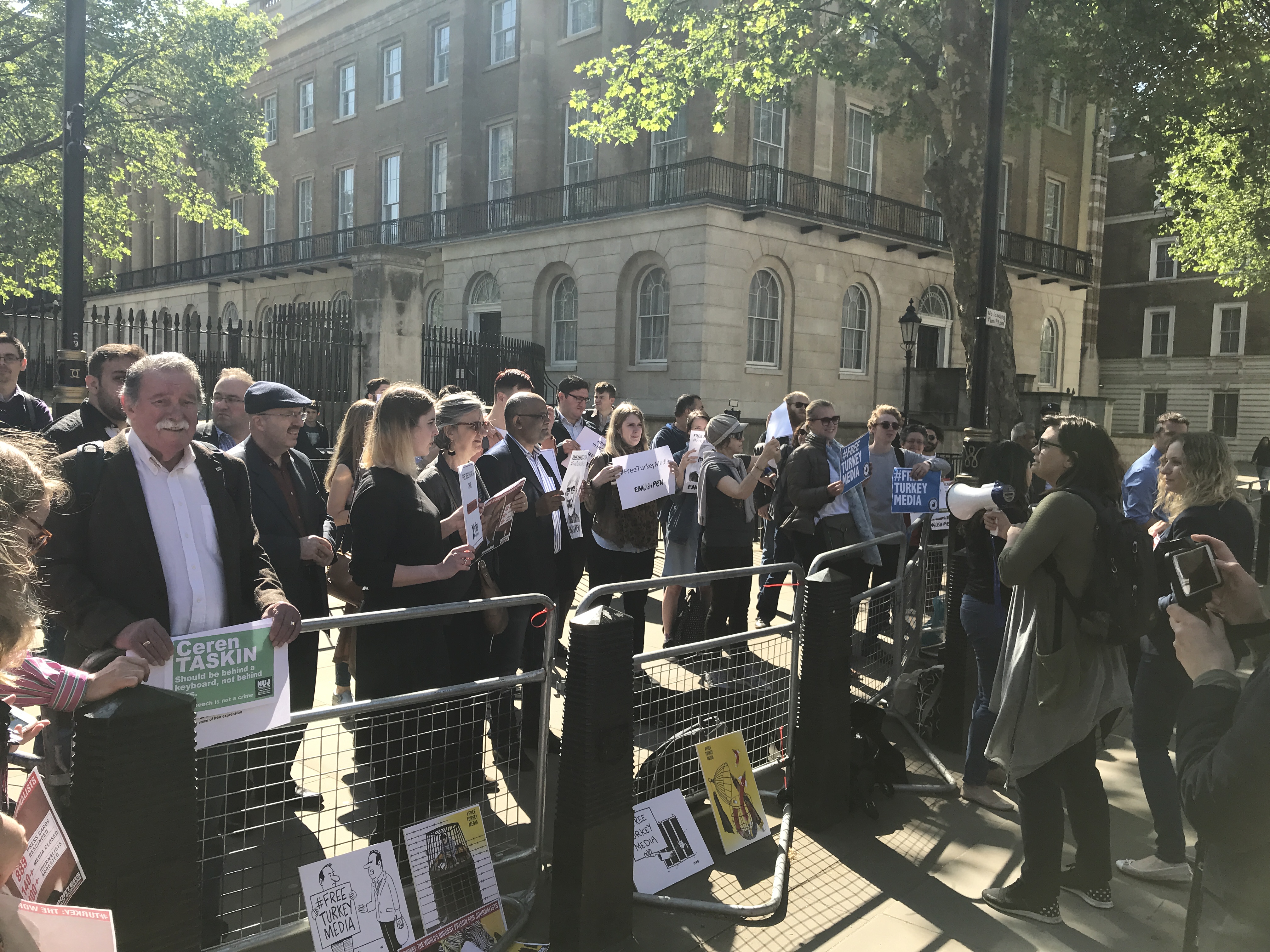
Index joined English Pen, Reporters Without Borders, Cartoonist Rights Network International and dozens of protesters to call on the British government to hold president Erdogan accountable for the ongoing crackdown on free speech

All that is solid in the Turkish media melted into air over the past year, and much of the entertainment content have migrated from traditional platforms to streaming services like YouTube and Netflix.
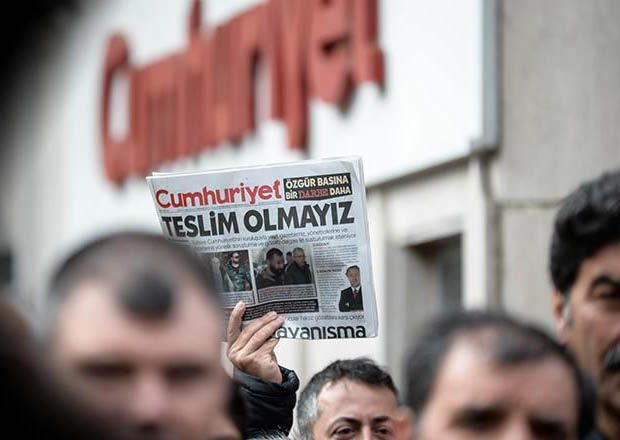
International NGOs call on the institutions of the Council of Europe and its member states to remind Turkey of its international obligation to respect and protect human rights